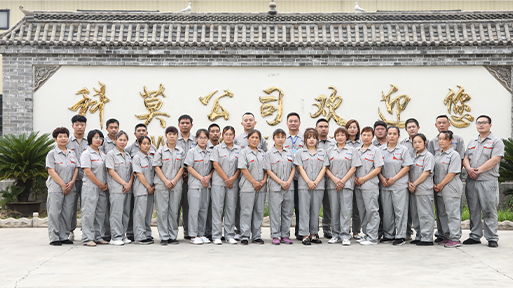flexible fuel hose
Sep . 21, 2024 19:16 Back to list
flexible fuel hose
Understanding Flexible Fuel Hose A Key Component in Modern Fuel Systems
In the realm of automotive engineering and fuel management, the flexible fuel hose stands out as a critical component that ensures the efficient and safe delivery of fuel to various engine systems. These hoses, made from advanced materials, are designed to withstand a variety of mechanical stresses and environmental challenges, making them essential in both conventional and alternative fuel systems.
Flexible fuel hoses are predominantly constructed from materials such as rubber, thermoplastic, and composite compounds. These materials are chosen for their excellent resistance to fuel permeation, temperature fluctuations, and physical wear. This resilience is crucial, as fuel hoses are subjected to a range of conditions, including high pressure and exposure to chemicals present in fuels. The ability of these hoses to maintain their integrity and performance in harsh conditions directly contributes to the overall reliability of a vehicle's fuel system.
One of the primary advantages of flexible fuel hoses is their versatility. Unlike rigid pipes, these hoses can easily accommodate the various design specifications of modern vehicles, making them ideal for tight spaces and complex layouts. They can twist and bend, allowing for easier installation in both automotive and industrial applications. This flexibility also helps in reducing the risk of mechanical failure, as the hoses can absorb vibrations and movements that occur during vehicle operation.
flexible fuel hose

Safety is another critical aspect of flexible fuel hoses. With the increasing use of ethanol and biodiesel, the materials used in these hoses must be compatible with alternative fuels, which can have different corrosive properties compared to traditional gasoline. Manufacturers have responded to these challenges by developing hoses specifically designed to handle biofuels, thereby ensuring that leakage and deterioration are minimized. Properly installed and maintained flexible fuel hoses can help prevent accidents and enhance the overall safety of fuel systems.
In addition to safety and versatility, flexible fuel hoses are designed for longevity. Regular maintenance and inspection are essential to avoid potential failures, and many manufacturers recommend replacing hoses at specific intervals to ensure optimal performance. Innovations in hose design continue to emerge, such as improved coupling systems and enhanced resistance to aging and environmental factors, which contribute to their durability.
In conclusion, flexible fuel hoses play a vital role in the efficiency and safety of modern fuel systems. Their ability to adapt to various applications, combined with their resistance to harsh conditions, makes them indispensable in the automotive and industrial sectors. As technology advances, we can expect further improvements in the materials and designs of flexible fuel hoses, ensuring their continued reliability in a rapidly evolving market.
